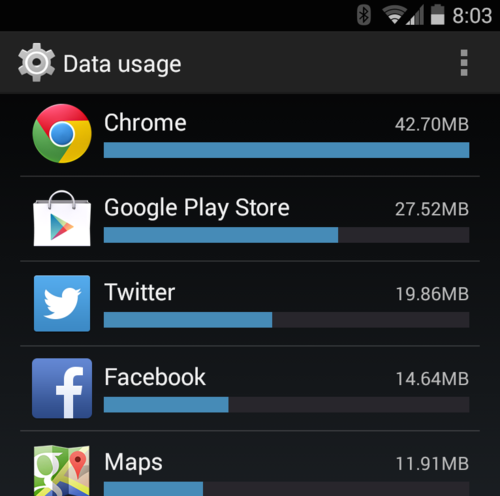A Recent History of Free ‘Zero Rated’ Online Access in the U.S. - We’ve all been using “zero-rated” wireless services in the United States for years: Anytime your carrier sends you an unsolicited text message with an announcement that you wouldn’t pay to receive it, that was zero rating at work.
Likewise, anytime paid WiFi at an airport or on a plane has included free access to a smattering of information (from the airport or the airline, for example) that’s zero rating as well.

But in the U.S., the story of free access to particular sites over wireless connections started last December. That’s when Charmin got a lot of publicity for underwriting free access to Facebook over Gogo’s Inflight WiFi. It’s also when T-Mobile’s GoSmart Mobile prepaid brand got almost none for including free access to Facebook even on plans without any wireless data.
In January, AT&T announced a “Sponsored Data” scheme under which, in theory, any company could pay to have traffic to its site or app exempted from its subscribers’ data caps. But a funny thing happened: Eight months later, only four “mobile engagement” marketing firms (which you’ve probably never heard of) have signed on.
One of those, Boston-based DataMi, has announced one client — Trove, a news app spun out of the Washington Post (a former employer of mine). DataMi will name “several other content and ad companies” in the coming weeks, CEO Harjot Saluja said.
T-Mobile’s June move to exempt Pandora, iHeartRadio, iTunes Radio, Rhapsody, Slacker, Spotify, and Milk Music from its (already generous) data caps was something the carrier did on its own. The carrier says any “lawful and licensed streaming music service” can ask to be included, but the advertised list of supported services has yet to expand.
In July, Sprint’s Virgin Mobile USA prepaid service announced what seemed the most blatant attempt yet to sell Internet access like cable TV: a service where you could pay for a plan with just Facebook.
But as presented online “Virgin Mobile Custom” looks more like a heavy-handed parental-control offering built on the customization technology of Zact, a reseller Sprint bought earlier this year.
I might use those options to give myself more or less data in a given month. But the idea of paying $5 a month for unlimited Facebook or Twitter or Pinterest has no appeal to me when I could spend that money on increasing a data allotment that I can burn up as I see fit. ( yahoo.com )
READ MORE - A Recent History of Free ‘Zero Rated’ Online Access in the U.S.




